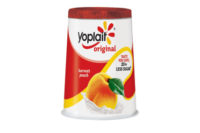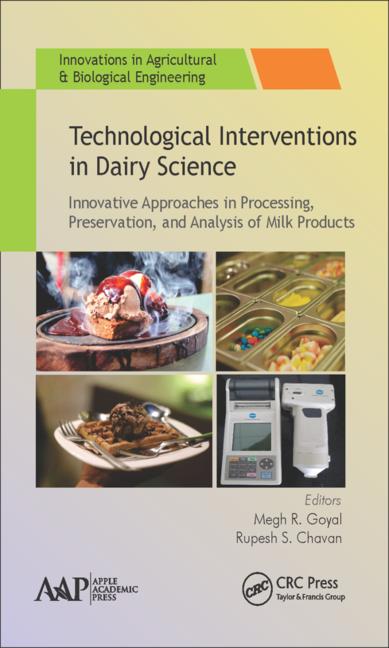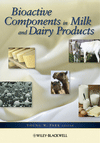Byrne Dairy studies sugar reduction in school milk

The Byrne Innovation Center, via a $250,000 grant for the project from the Northeast Dairy Business Innovation Center, has commenced a study intended to perhaps reduce sugar in flavored milk served in schools.
“This project seeks to ensure that flavored milk remains an approved beverage for the National School Lunch Program (NSLP) by reformulating aseptic flavored school milk to contain less added sugar without compromising consumer acceptability,” said Khilendra Bhanduriya, director of research and development for Byrne.
Byrne’s study focuses on aseptic, or shelf-stable, flavored milk. Aseptic technology allows distributors and school districts to transport and store products at ambient temperature. Currently, many schools serve traditional pasteurized milk, which must be refrigerated at all times during transport and storage.
“Aseptic technology is a more sustainable approach to the current product,” Bhanduriya said.
Byrne’s research and development team has done extensive background research and worked on different ingredient formulations. The team has developed a formula for 1% lowfat chocolate milk that contains 8 to 10 grams of added sugar, compared to 19 grams of added sugar in the original formula.
The product was evaluated by North Carolina State University’s Sensory Service Center and a few local schools. Bhanduriya said the product was “well-accepted” by testers.
In addition to the positive response from testers, Byrne’s new formulation is proving to have great shelf-life 12 months after production. The shelf-life is expected to last a few months beyond this, according to ongoing studies.
Byrne is also exploring further reductions in sugar to 7 grams of added sugar with the use of lactase enzyme. This also makes the product suitable for consumers with lactose intolerance.
Byrne has expanded this study to develop fat-free chocolate milk to comply with nutritional regulations laid out by the National School Lunch Program.
Looking for a reprint of this article?
From high-res PDFs to custom plaques, order your copy today!








